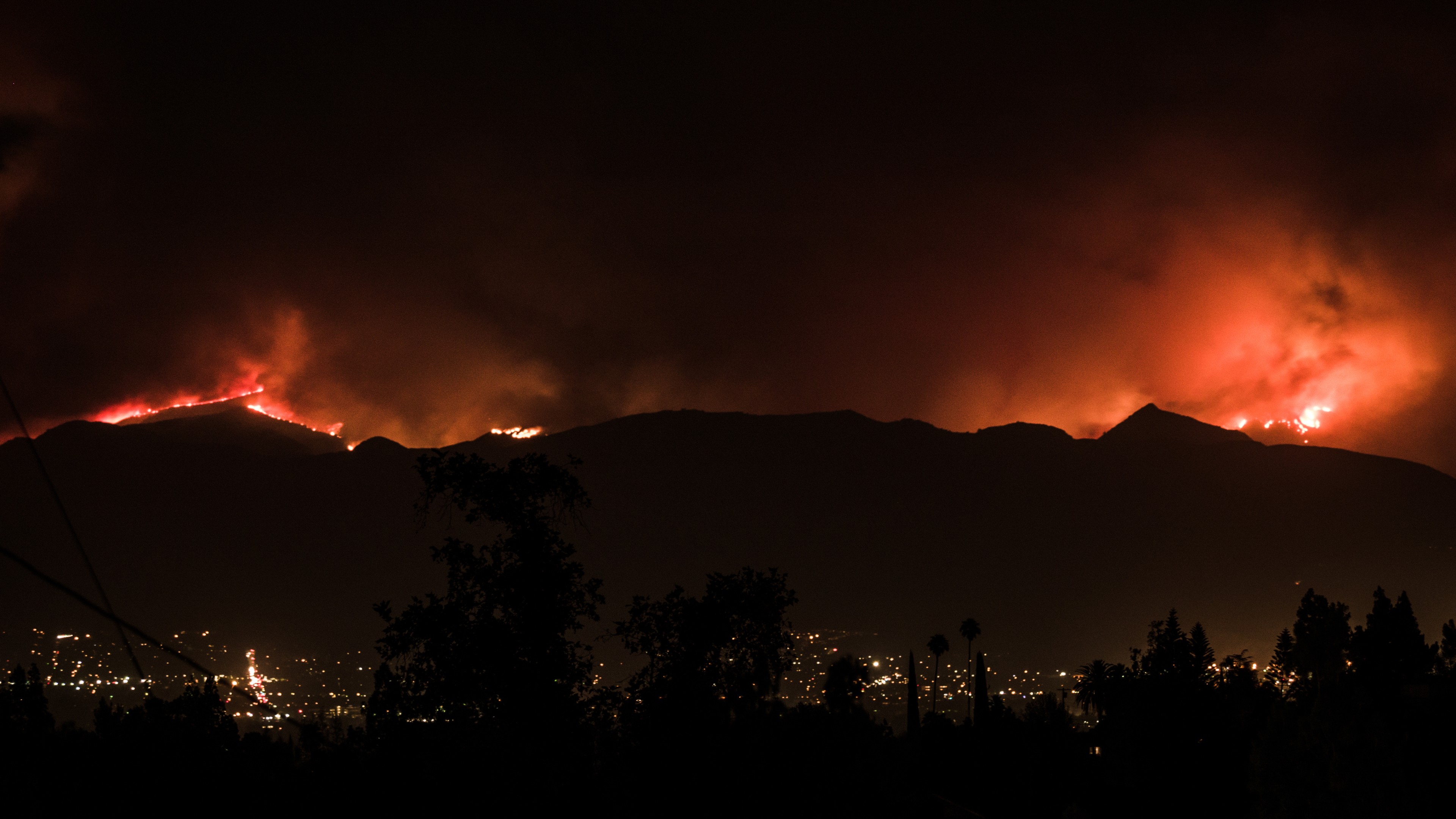Wednesday Whatzits: The molten moon and the world’s deadliest volcanoes
The WORLD’S DEADLIEST VOLCANOES! Alright, not really, but we all love the “World’s Blankiest Blanks”, now don’t we (to a fault)? Oh yeah, and the moon’s surface was once totally molten.
Sign up for the Smarter Faster newsletter
A weekly newsletter featuring the biggest ideas from the smartest people
The move is complete (finally) … so maybe I can settle down a bit, right? Right?

The world’s deadliest volcano?
Anyway, a few things I stumbled across this week:
The list itself is a bit of a mish-mash of volcanoes – some of which were deadly, but whether they would still be considered the “deadliest” is a bit of reach … and any list like this that doesn’t have Vesuvius at the top is off from the start.
Anyway, here it is:
The list is spawned from the recent National Geographic that features an article about the Yellowstone Supervol … ahem … Caldera.
Sign up for the Smarter Faster newsletter
A weekly newsletter featuring the biggest ideas from the smartest people




